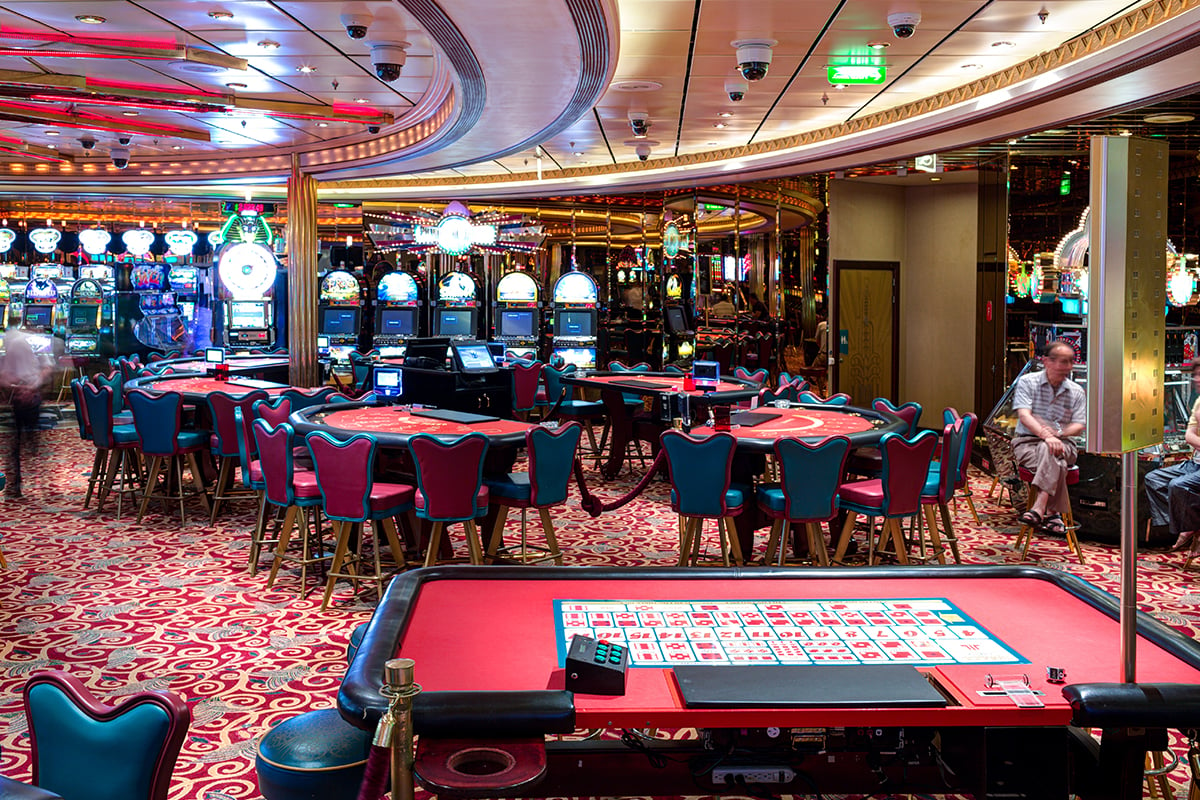
Casino gaming has long been a topic of interest and controversy, drawing in millions of players around the world. With a blend of luck, strategy, and the excitement of risk, casino games offer an exhilarating escape from everyday life. However, as entertainment becomes ever more accessible, it calls for a more thorough examination of the morality surrounding these games.
At the heart of the discussion lies the question of whether casinos promote responsible gaming or take advantage of vulnerable individuals. The appeal of potential winnings versus the reality of losses can create a challenging dynamic, and understanding this balance is crucial for both players and operators. As we delve into the morals of casino gaming, we will explore the duties of casinos, the impact on society, and the measures that can be taken to foster a healthier gaming environment.
The Impact of Casino Gaming on Society
Casino gaming has a notable influence on the community, affecting not only the financial landscape but also interpersonal dynamics and community structures. The revenue generated from casinos can lead to employment opportunities and boost regional economies, as they provide numerous employment opportunities in different sectors including food and beverage, leisure activities, and retail. However, while the economic advantages can be significant, communities often struggle with the possible negative impacts that arise from increased gambling activity.
Moreover, the presence of casinos can lead to an rise in gambling addiction, presenting significant challenges for players and families. The excitement of casino games can quickly transform into a habitual habit, affecting connections with others and leading to financial instability. Many players may find it difficult with the loss of control over their gambling habits, resulting in a need for community support services and help to address this growing issue. The social cost of gambling addiction can ripple through families and neighborhoods, creating an urgent need for responsible gaming initiatives.
In addition to the economic and social ramifications, casino gaming often showcases cultural attitudes towards risk and leisure. 78WIN It can foster a sense of joy and leisure, attracting visitors and boosting tourism. However, this allure may also conceal the wider implications of gambling as a method of entertainment, provoking ethical questions about its promotion and availability. As communities weigh the advantages and disadvantages of casino gaming, the need for sensible approaches and oversight becomes increasingly critical in ensuring that the beneficial elements are enhanced while reducing the potential harms.
Ethical Issues in Betting Activities
The morality of casino operations often revolve around the potential for addiction and its consequences on individuals and families. Gambling can lead to significant financial distress, impacting not only the betters but also their loved ones. As individuals become caught in the appeal of winning, many lose sight of their financial limits, which can result in catastrophic results such as bankruptcy. This poses ethical questions about the duty of gambling establishments in fostering safe gaming practices and providing support for those who may be struggling with betting addiction.
Another major issue is the advertising of gambling to vulnerable groups. Gambling establishments often target low-income individuals or communities with the promise of quick gains, which can continue cycles of financial struggle and despair. In this context, the morality of marketing strategies used by gambling establishments come under examination, as they may take advantage of the need of people seeking an way out from financial hardships. This exploitation raises moral questions about the honesty of the gambling industry and its responsibility to protect its most vulnerable patrons.
Additionally, the impact of casino operations on society as a whole cannot be ignored. While some argue that gambling establishments create jobs and stimulate local economies, others point to the community costs associated with dysfunctional betting, increased crime rates, and a strain on public resources. Balancing financial advantages with the risk for social harm presents a complex moral dilemma for policymakers and gambling operators alike. The challenge lies in finding a ethical approach that prioritizes the well-being of individuals and communities while still permitting for the pleasure of gambling gaming.
Regulation Framework and Responsibilities
The oversight system surrounding casino activities is created to ensure fairness, integrity, and gambler security. Different government entities and casino commissions create and apply regulations that dictate how casino activities operate, the guidelines for game creation, and the procedures for processing rewards. 78WIN COM These regulations differ by locale but usually involve permit requirements for operators and strict measures to avoid cheating and scams.
In furthermore to governing bodies, gaming operators bear considerable responsibility in upholding moral standards within their venues. They must enforce safe gaming practices that support gambler safety and education, including providing self-ban options and sharing information about the hazards associated with betting. Establishments are also obligated for instructing staff to spot signs of problem betting and be aware of the proper steps to assist visitors in trouble.
Furthermore, transparency in gaming operations is crucial for earning and keeping public confidence. Casinos should present clear details about the probabilities of operations, promotional offers, and any related risks. By creating an atmosphere of integrity and trust, gambling establishments can help lessen the possible adverse impact of betting while boosting the general gaming experience for all participants.